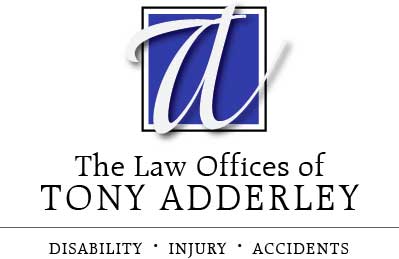In California, worker’s compensation claims are decided by private insurance companies. Like the law that requires drivers of automobiles to carry motor vehicle insurance, so too does the law require all employers in California to carry worker’s compensation insurance. This requirement extends to all employers, whether they employ a single person or a building full of people. Like the auto insurance system that compensates victims of auto accidents, the worker’s compensation system compensates victims of work related accidents, and requires the injured victim to apply for benefits through the appropriate insurance provider of the employer.
The Role of the State
Even though the worker’s compensation system is administered by private insurance companies, it is regulated by the state of California. If a person ever thinks that he or she is being treated unfairly or illegally by an insurance company, then that person is free to make a complaint against the private company or to appeal an official decision regarding a claim through the state.
The Role of an Attorney
Retaining an attorney to assist with recovery of workers compensation benefits is not required, but it is highly recommended. Going up against an insurance company without legal assistance can cause individuals with valid worker’s compensation claims to recover less than the law would allow, thanks primarily to tactics and strategies by insurance companies used to undervalue the claims and injuries reported by victims. In terms of acting as an advocate for individuals who sustain injuries while on the job, a worker’s compensation attorney can ensure that a victim’s rights remain intact throughout the entire recovery process, and can help the victim guard against unsavory legal tactics which the insurance company may attempt.
Following a Worker’s Compensation Denial
The initial application for worker’s compensation is a form process – this means that the first time a person files a claim for worker’s compensation benefits, the claim is filed and submitted on standard forms which are reviewed by claims examiners. The accident victim generally need not present him or herself before a claims examiner, because the initial application decision is decided based on what the victim presents by standard form.
If a claim is denied by claims examiners, the next step is to appeal the decision to an administrative law judge. If the decision to deny a claim is upheld – which is to say that the administrative law judge agrees with the initial denial of a claim, then the matter can be further appealed to the Worker’s Compensation Appeals Board, a seven member panel appointed by California’s governor and confirmed by the California senate. If the appeals board upholds a claim denial, then the matter can be appealed all the way up to the California Supreme Court.
All in all, individuals who are injured while working for an employer should keep in mind that an initial denial of worker’s compensation benefits is only a small bump in the road. If they have been denied once, they should really speak with an experienced worker’s compensation attorney for advice on how to move forward past a claim denial and toward the recovery of benefits which are owed.

